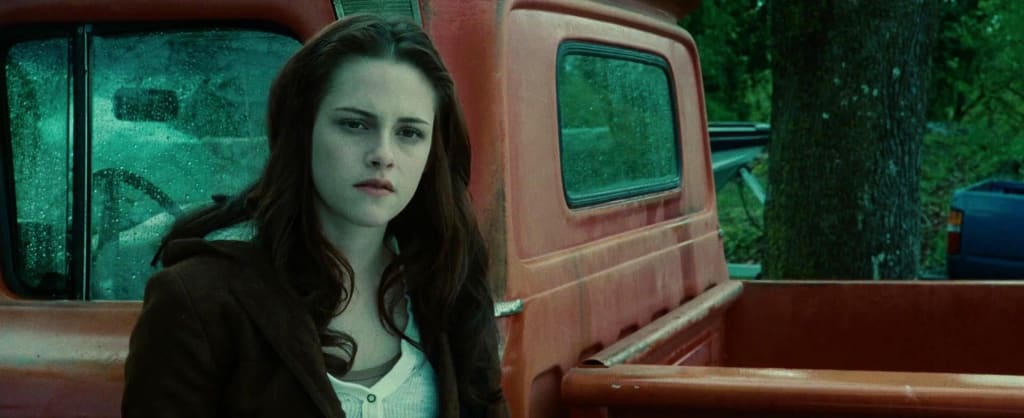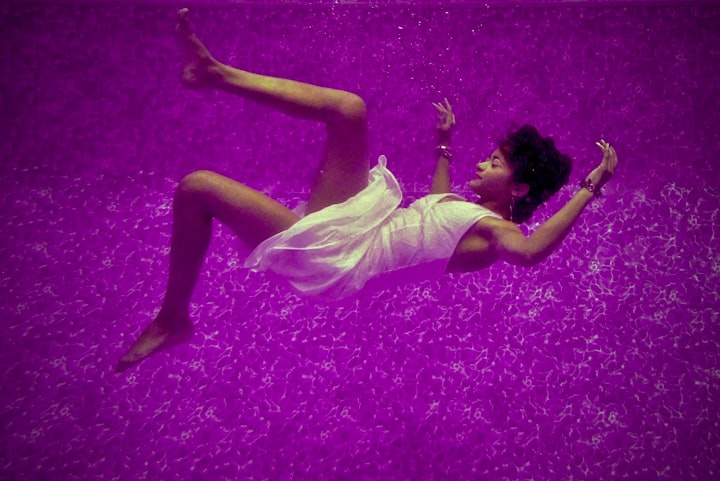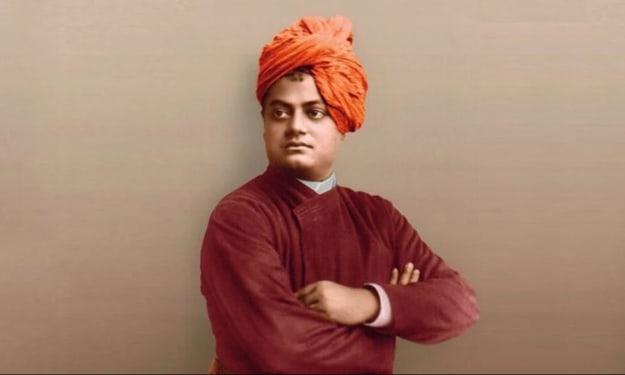A Feminist Examination of "Twilight"...By a Man
Observations no one asked for by a person who's got no business butting in.

The reputation of the 2008 cinematic adaptation of Stephenie Meyers’s Twilight precedes it, for worse and for better. Sometime in middle school, I attempted to read the original novel. Popular as it was, I found it dull and couldn’t bring myself to finish it. As such, when I was assigned to watch the movie for a college class, my expectations going in were rather low. Much to my surprise, I found myself actually liking the film somewhat. Director Catherine Hardwicke paints very beautiful cinematic pictures, and I found quite a few of the characters rather endearing—specifically, Bella and Jacob’s respective dads, Bella and Edward’s respective moms, Edward’s adoptive sister Alice, and Bella’s friend group at Forks High. And, for all the crap she has been given, I thought Kristen Stewart did well as Bella. All that said, Twilight still has its issues. Viewed through a feminist lens, though it is by no means a masterpiece, it is not completely without merit either.
Visually, the film is very chaste. Hardwicke, in her role as director, does not treat any of the film’s female characters as erotic objects, nor does she actively pursue the arousal of the straight male audience. Female characters are more often than not dressed in casual street wear—which, by necessity as a result of living in a rainy town in the Pacific Northwest, is often layered. Practicality and comfort are emphasized over male enticement. Likewise, camera shots do not linger on or draw focus towards certain body parts associated with male lust or attraction. There are characters within the film who do treat female characters as sex objects—notably, the group of men who catcall at Bella and her friends Angela and Jessica while they are out shopping for prom dresses and later harass Bella as she leaves a bookstore. However, the audience never is afforded an opportunity to see Bella and her friends through these characters’ perspectives. Rather, the audience’s perspectives are kept closer in line with those of the female characters—Bella, in particular—and so we instead see that crowd of men as the female characters see them: as obnoxious nuisances the first time they are featured in a scene, and as active threats the next.
While Hardwicke does effective work in not reducing female characters to erotic objects, the text of the film falls short in fully supporting feminist ideas. The issue here lies not in how it portrays women, but in how portrays its primary romantic relationship—the one between Bella and Edward. Bella is by no means a passive character. Rather, she is often seen taking initiative in the pursuit of what she wants. She likewise encourages other women to take initiative in the pursuit of their own happiness, such as when she encourages Angela to ask their friend Eric to the prom after Angela expresses frustration at his not having asked her. This is usually depicted in the film as a positive quality; Eric says yes to Angela and they both have a wonderful time at the prom. However, Bella is not always granted the same level of autonomy by other characters—specifically Edward and Jacob—that she grants herself. Edward views her as something he must protect. He must protect from the world, he must protect her from other vampires, he must protect her from himself, and he must do whatever it takes to protect her, even if he must resort to gaslighting. Jacob likewise sees Bella as one who must be protected and guided. When he and his father bring her the truck her father purchased for her at the beginning of the film, he automatically assumes that Bella must be shown where certain parts of the truck are and be instructed on how to use them. Both Edward and Jacob automatically view Bella as being helpless, as needing their help or their protection from her own supposed folly. Where the movie fails is that it actively romanticizes both men’s attitudes and actions toward her, painting less than stellar pictures of what a woman’s role in a romantic relationship should be.
Twilight is not a perfect movie, let alone a perfect feminist movie, but it is not an irredeemable one. While Bella is treated as a helpless damsel by her love interests, she resists the label and behaves bravely and proactively throughout the film. Furthermore, the movie allows Bella and its other female characters to be realistic, with their own wants and desires, rather than painting them as objects to be won or ogled. Ultimately, while it may not be everybody's cup of tea—and what movie is?—it is nowhere near as deserving of derision and dismissal as some people may claim it to be.
About the Creator
Frank Macaluso
A comedian. I may have made a huge mistake.







Comments
There are no comments for this story
Be the first to respond and start the conversation.